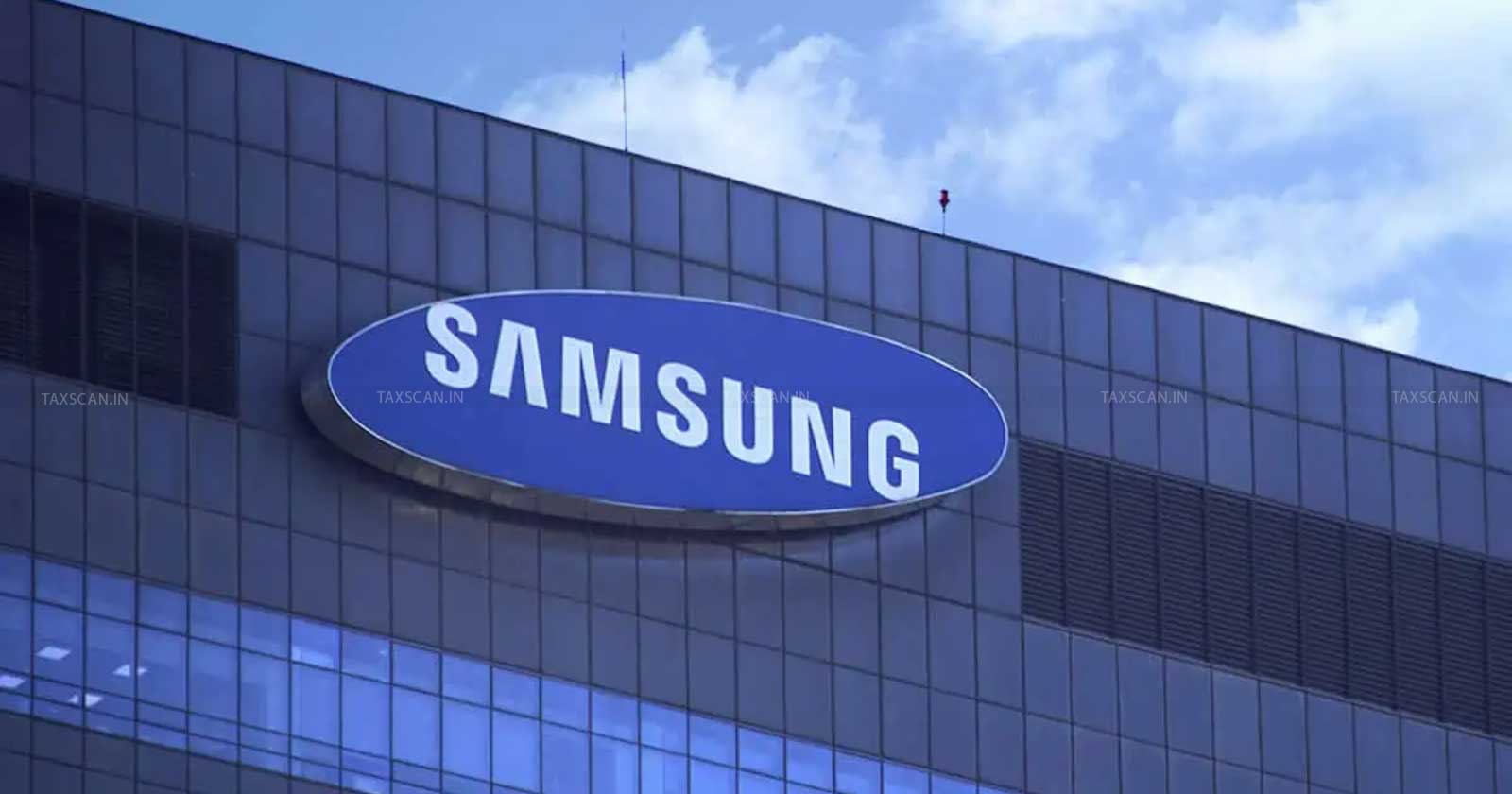Preference Shareholders Not Financial Creditors Under IBC: Supreme Court Upholds NCLAT Verdict in EPC Constructions [Read Order]
The Court concluded that the accounting entries in Matix's books, which classified the CRPS as a liability, were not determinative of the legal nature of the transaction.
![Preference Shareholders Not Financial Creditors Under IBC: Supreme Court Upholds NCLAT Verdict in EPC Constructions [Read Order] Preference Shareholders Not Financial Creditors Under IBC: Supreme Court Upholds NCLAT Verdict in EPC Constructions [Read Order]](https://images.taxscan.in/h-upload/2025/11/05/2102379-shareholders-ibc-sc-taxscan.webp)
The Supreme Court has dismissed the appeal filed by EPC Constructions India Limited through its Liquidator by upholding the National Company Law Appellate Tribunal (NCLAT) and National Company Law Tribunal's (NCLT) decision that holders of Cumulative Redeemable Preference Shares (CRPS) are not "financial creditors" under the Insolvency and Bankruptcy Code (IBC).
The two judge bench, comprising Justice K.V. Viswanathan and Justice J.B. Pardiwala, affirmed that the CRPS held by the appellant were in the nature of an investment and not a debt, and consequently, no liability arose as the payment was not due.
 Also Read:Supreme Court to Decide Validity of Customs Duty Exemption Granted to Samsung for LED Display Imports [Read Judgement]
Also Read:Supreme Court to Decide Validity of Customs Duty Exemption Granted to Samsung for LED Display Imports [Read Judgement]
According to the Court, preference shares are part of a company's share capital, not debt capital, and preference shareholders remain shareholders, not creditors. The Court relied on Sections 43 and 55 of the Companies Act, 2013, which define preference shares and stipulate that they can only be redeemed out of profits or the proceeds of a fresh issue of shares made for redemption.
The Court held that since Matix had no profits, the CRPS were not redeemable, and consequently, no "debt" became "due and payable" as required to establish a "default" under Section 3(12) of the IBC, a prerequisite for filing a Section 7 application.
Understanding Common Mode of Tax Evasion with Practical Scenarios, Click Here
The Court rejected the appellant's contention that the transaction had the "commercial effect of borrowing" under Section 5(8)(f) of the IBC, stating that the clear intent, as evidenced by the board resolutions and correspondence, was to convert debt into equity, which extinguished the original liability. The judgment pointed out that the issuance of CRPS transformed the appellant's status from a creditor to a preference shareholder, and this relationship could not be re-characterized based on subsequent events or accounting treatments.
Speaking for the appellant, EPC Constructions, Senior Advocate Niranjan Reddy contended that the true nature of the transaction was a borrowing arrangement masked as a share issuance, which had the commercial effect of a borrowing and should be treated as a financial debt. He relied on precedents to argue for an expansive interpretation of the "commercial effect of borrowing."
Senior Advocates Mukul Rohtagi and Ritin Rai, appearing for Matix, countered by arguing that under Section 3(37) of the IBC, terms defined in the Companies Act must be given their assigned meaning. They emphasized that preference shares are equity, not debt, and allowing preference shareholders to be treated as financial creditors would blur the fundamental distinction between shareholders and creditors, contrary to the scheme of the IBC and company law.
The Court concluded that the accounting entries in Matix's books, which classified the CRPS as a liability, were not determinative of the legal nature of the transaction. The appeal was dismissed, affirming that a preference shareholder, whose shares are not due for redemption as per law, cannot initiate insolvency proceedings under Section 7 of the IBC as they do not qualify as a financial creditor.
Support our journalism by subscribing to Taxscanpremium. Follow us on Telegram for quick updates


